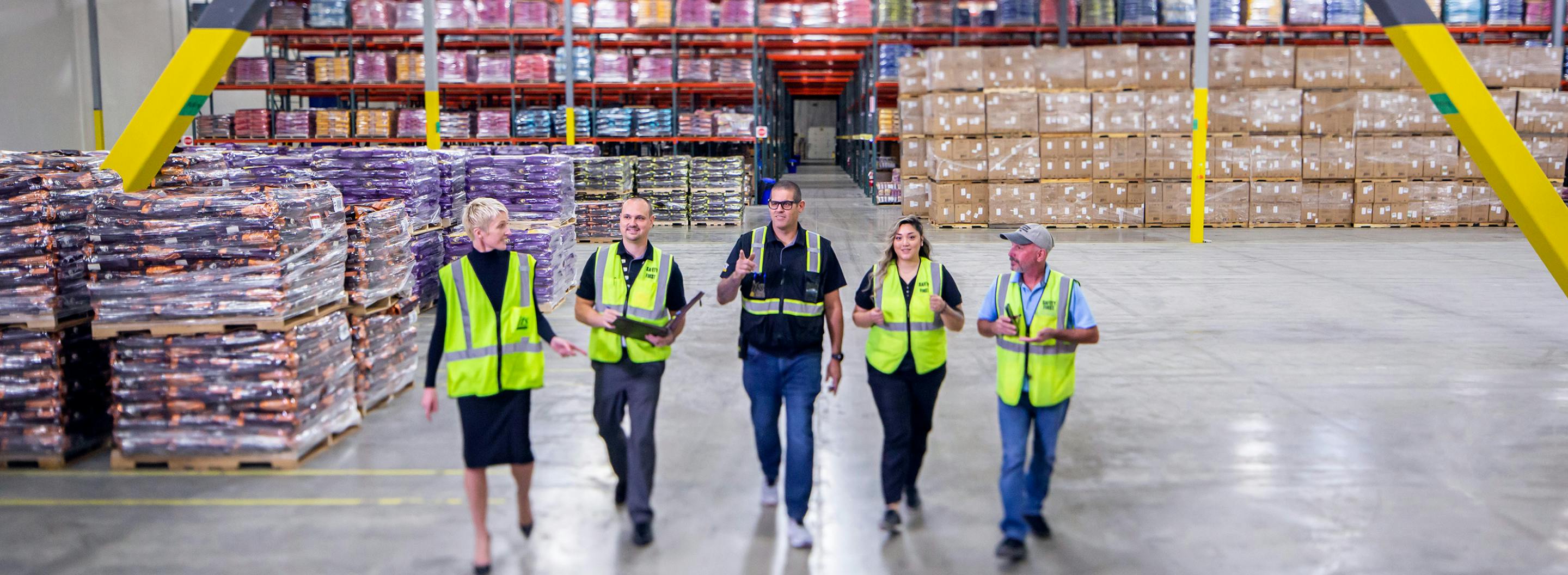IN THE NEWS: Vancouver races to clear logjam as Trump tariff threat hangs over ports

The Load Star
January 16, 2025
Ian Putzger
FROM THE ARTICLE: The Canadian Port of Vancouver may find itself in a race against the clock. According to operators, it is on course to clear congestion by next month, but this could change if the incoming US administration were to move swiftly on its tariff threats.
ITS Logistics has advised customers to prepare for disruption and to ensure they have visibility of their shipments.
...
The US West Coast gateways – particularly Los Angeles and Long Beach, which processed record volumes – have performed better than anticipated and handled the elevated traffic without significant disruption, noted Paul Brashier, VP Global Supply Chain at ITS Logistics
“I was surprised how well they navigated through December,” he added.
Flows have been less smooth at Vancouver, prompting warnings of ongoing, and possibly worsening, congestion, which began last month, with rail containers piling up at terminals. The port’s dashboard on 15 January showed average dwell times of 3-5 days at the Vanterm facility, 5-7 days at Deltaport and Fraser Surrey Docks and more than seven days at Centerm. At the same time flat rail cars have been in short supply.
The congestion has been the result of a convergence of factors, beginning with a strike in November, followed by a surge in volume and seasonally shorter trains in response to winter conditions.
“Everything that could go wrong did,” Mr. Brashier said.
Forwarders have not been unduly alarmed, however, saying the congestion has not been seriously disruptive so far, and expressing hope that it would be cleared in the coming weeks. However, this could change drastically if President Trump moves quickly on his threat to impose tariffs on imports, notably from China, after his inauguration this weekend.
Concerns of a faster than anticipated push on that front have risen markedly in recent days and Mr. Brashier reckons this would likely cause considerable bottlenecks and congestion in the system and probably cause problems with customs clearance.
The return of import routings diverted to the west back to east coast gateways might alleviate volumes in the west, but Mr. Brashier does not see much relief in the near term. In expectation of a strike, many cargo owners had signed contracts for west coast routings, most of which won’t expire before the end of the first quarter or early in the second, he noted.
Given the importance of the Canadian Pacific gateways for intermodal flows from Asia to the US Midwest, worsening congestion at Vancouver would affect US imports, he said, and ITS is advising customers to take protective action.
“If you haven’t planned it yet, start thinking of moving some of your imports back to the East Coast,” said Mr. Brashier, “and make sure you have the visibility to hold on your containers.”
Exports would also be affected, partly due to a potential shortage of available containers, he pointed out, adding: “We’re definitely worried about equipment imbalances.”



